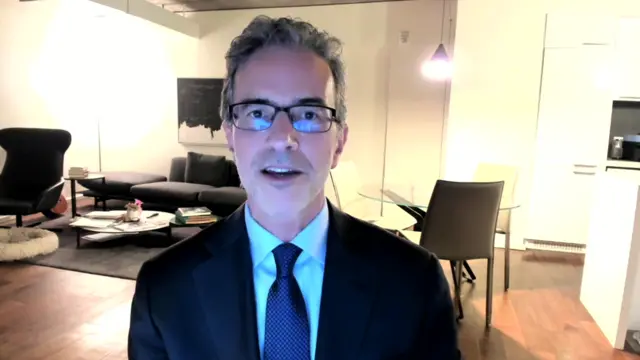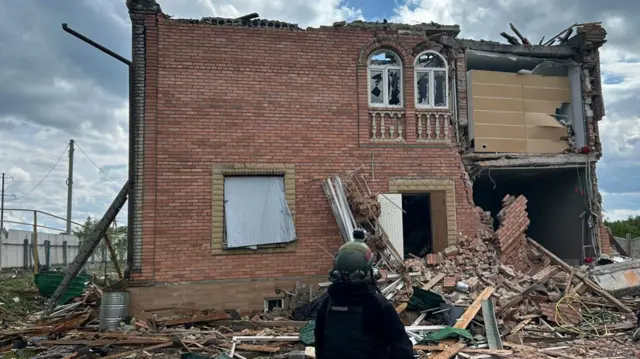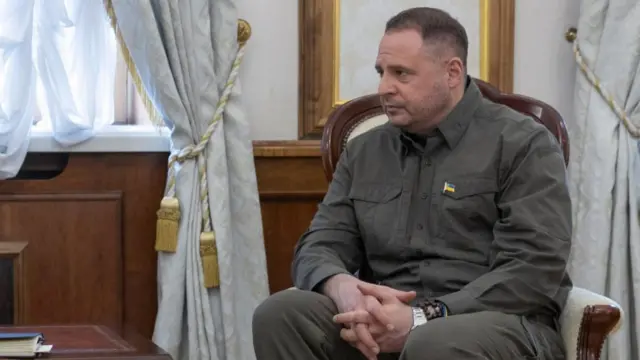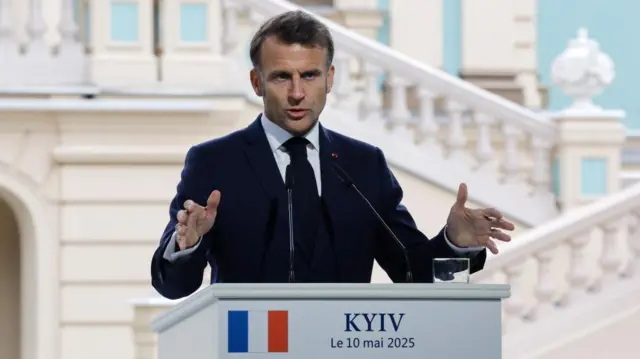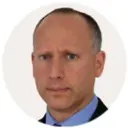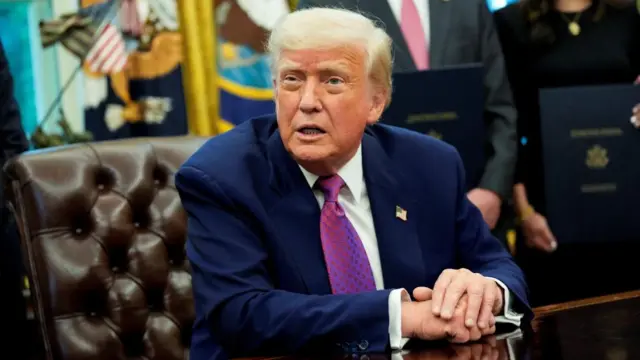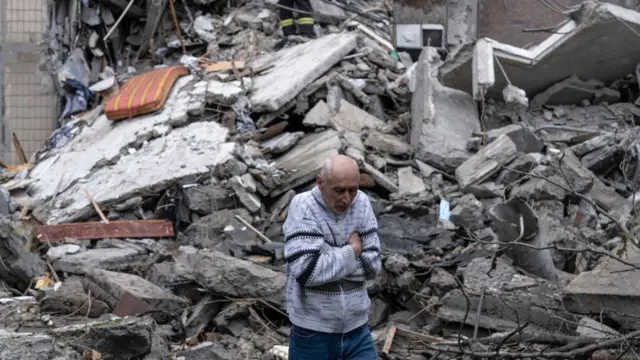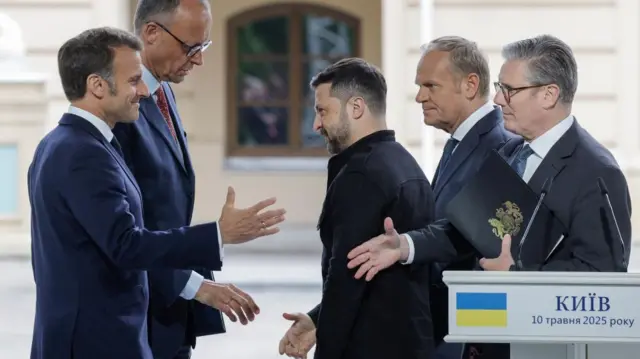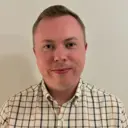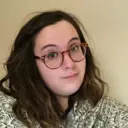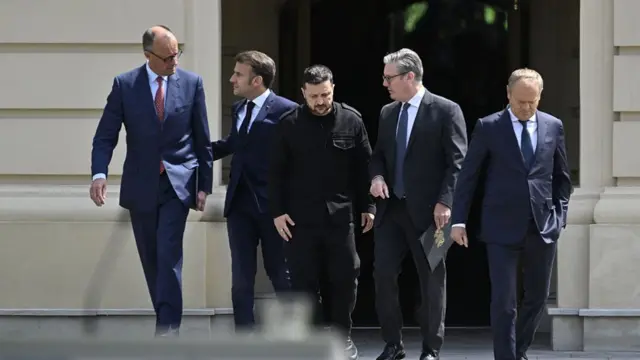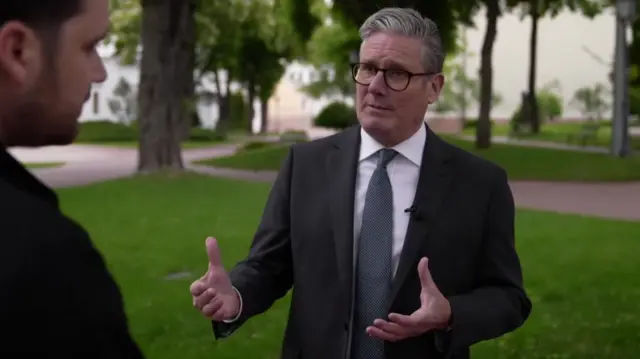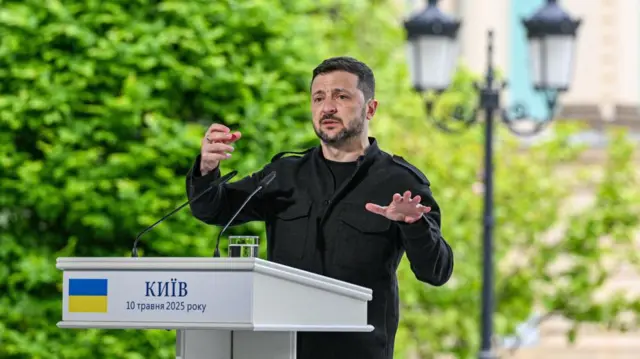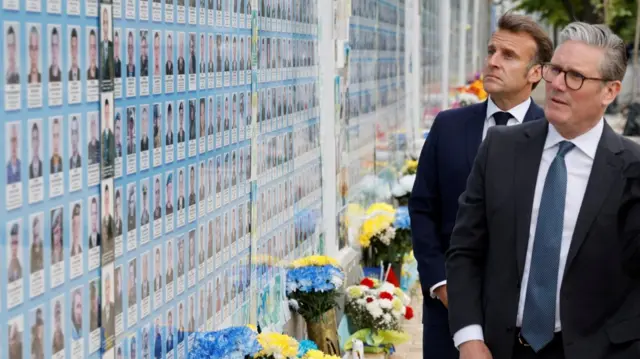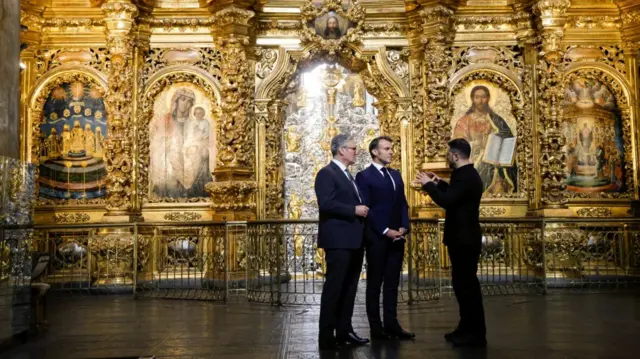
Putin is saying no to ceasefire demands, without actually saying nopublished at 10:16 BST 11 May
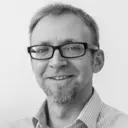 Vitaliy Shevchenko
Vitaliy Shevchenko
Russia editor, BBC Monitoring
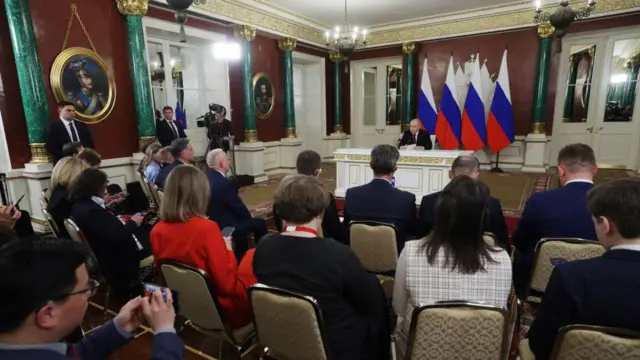 Image source, SPUTNIK
Image source, SPUTNIKPresident Zelensky’s statement made in response to Vladimir Putin’s offer of talks is somewhat ambiguous: "and Ukraine is ready to meet" instead of "and then Ukraine will be ready to meet" after Russia ceases fire.
But then Andriy Yermak, head of the Ukrainian president’s office, introduced more clarity on Ukraine’s position in a statement of his own: "First a ceasefire for 30 days, then everything else."
Yet again, we have heard Vladimir Putin say no without saying no.
The coalition of the willing and Ukraine are demanding a ceasefire to start on Monday without preconditions. Putin offers talks with Ukraine to start on Thursday without preconditions. Not the same thing.
